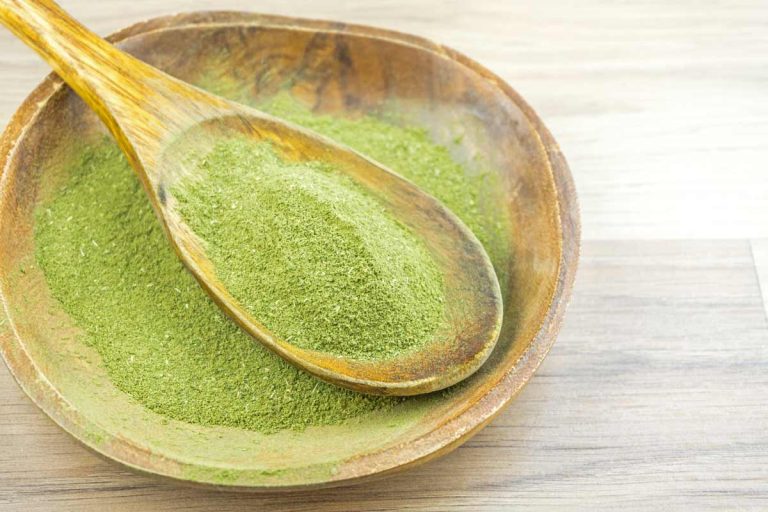Delta-8 THC is a compound found in cannabis that has gained popularity in recent years for its mild psychoactive effects. While Delta-9 THC is the most well-known and potent form of THC, Delta-8 offers a less intense high with fewer side effects. However, the legal status of Delta-8 in Texas has been a topic of confusion and debate.
In Texas, marijuana is illegal for recreational use but allowed for medical use under strict regulations. Delta-8 falls into a gray area because it can be derived from hemp, which was legalized at the federal level by the 2018 Farm Bill. This bill defined hemp as cannabis containing less than 0.3% Delta-9 THC, making it legal to cultivate and distribute.
However, Texas law does not specifically address Delta-8 THC, leaving room for interpretation. Some argue that since Delta-8 can be extracted from hemp plants containing less than 0.3% Delta-9 THC, it should be considered legal under state law. Others believe that any form of THC is illegal in Texas unless prescribed by a doctor.
The confusion surrounding the legality of Delta-8 in Texas has led to varying enforcement practices across the state. Some retailers openly sell Delta-8 products such as edibles, vape cartridges, and tinctures without facing repercussions. Others have had their products confiscated or faced legal action for selling what authorities consider to be illegal substances.
To add to the complexity of the situation, some counties and cities in Texas have passed ordinances banning the sale of all forms of THC products, including those containing Delta-8. This patchwork of regulations makes it difficult for consumers and businesses to navigate the legal landscape surrounding these products.
Despite these challenges, there are efforts underway to clarify the is delta 8 legal in Texas. In June 2021, Governor Greg Abbott signed House Bill 3948 into law, which explicitly legalized hemp-derived cannabinoids such as CBD and other minor cannabinoids like CBN and CBG with no more than 0.3% delta–9 tetrahydrocannabinol (THC) content by weight.
While this legislation does not specifically mention Delta–8 THC by name, many see it as a step towards legitimizing its sale and use in Texas. However until there is clear guidance from state authorities on how they interpret this new law regarding delta–9 tetrahydrocannabinol (THC) content limits when applied to delta–delta -THC or other forms like Deltathere will likely continue to be confusion surrounding its legality.

















